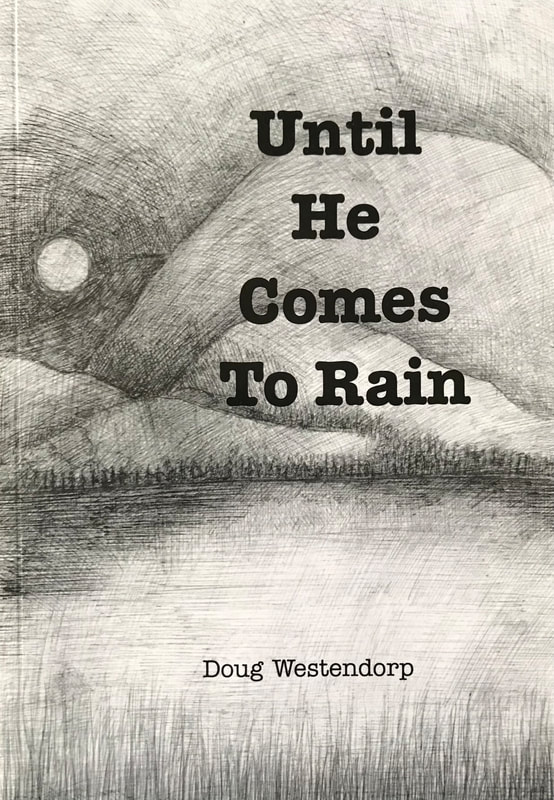My poems are not poems.
When you know that my poems are not poems,
Then we can speak of poetry.
— Ryōkan
Instead of my long complaint in yesterday's post I could just as well posted this poem and been done with it, I think.
Source: https://quotepark.com/quotes/1946670-ryokan-who-says-my-poems-are-poems-my-poems-are-not-poe/


 RSS Feed
RSS Feed
